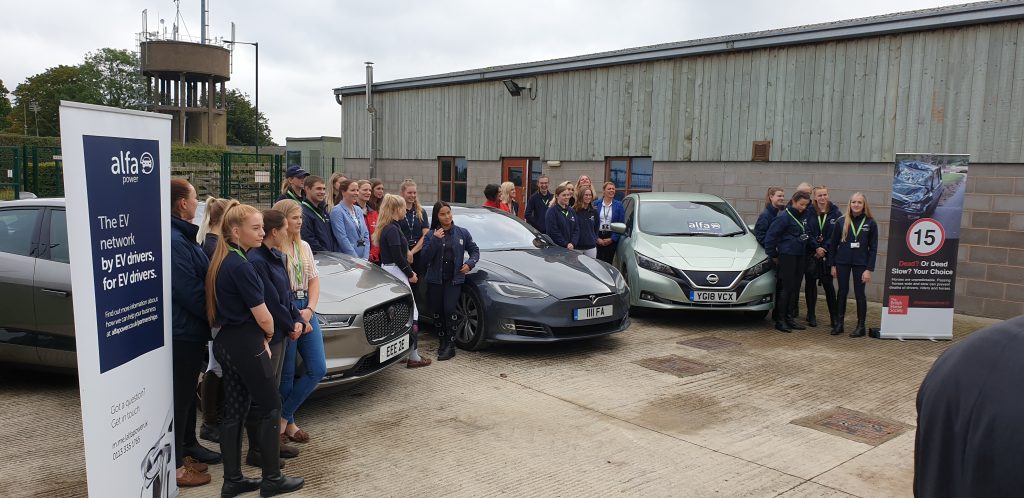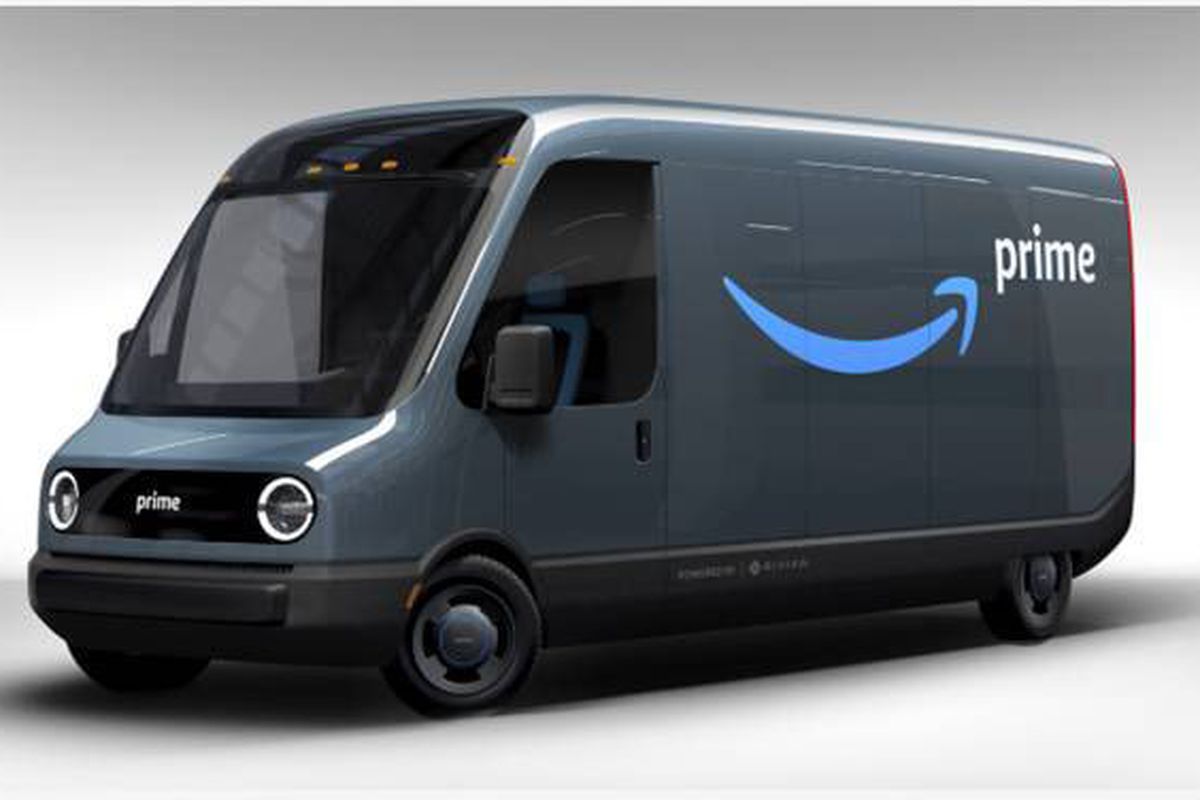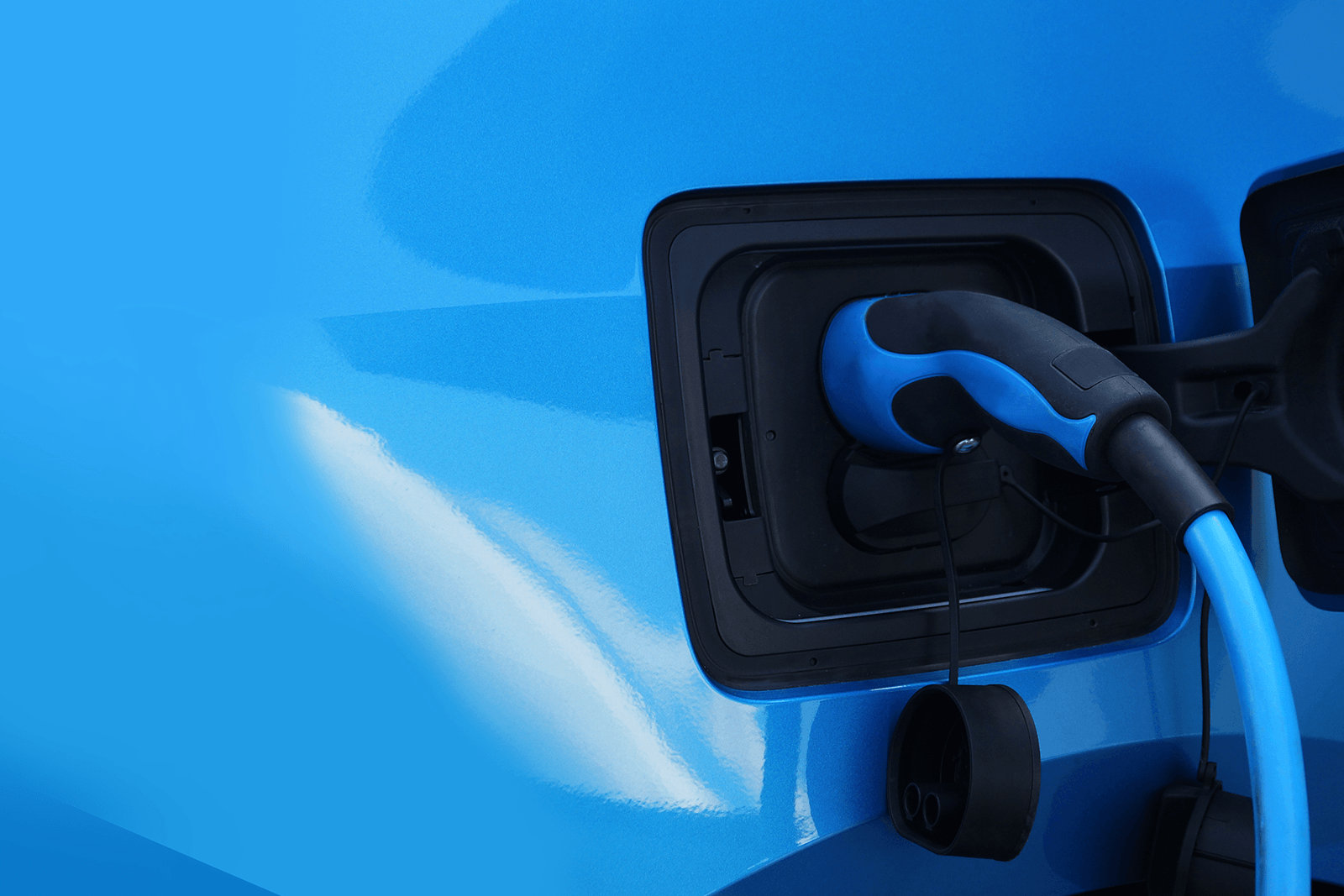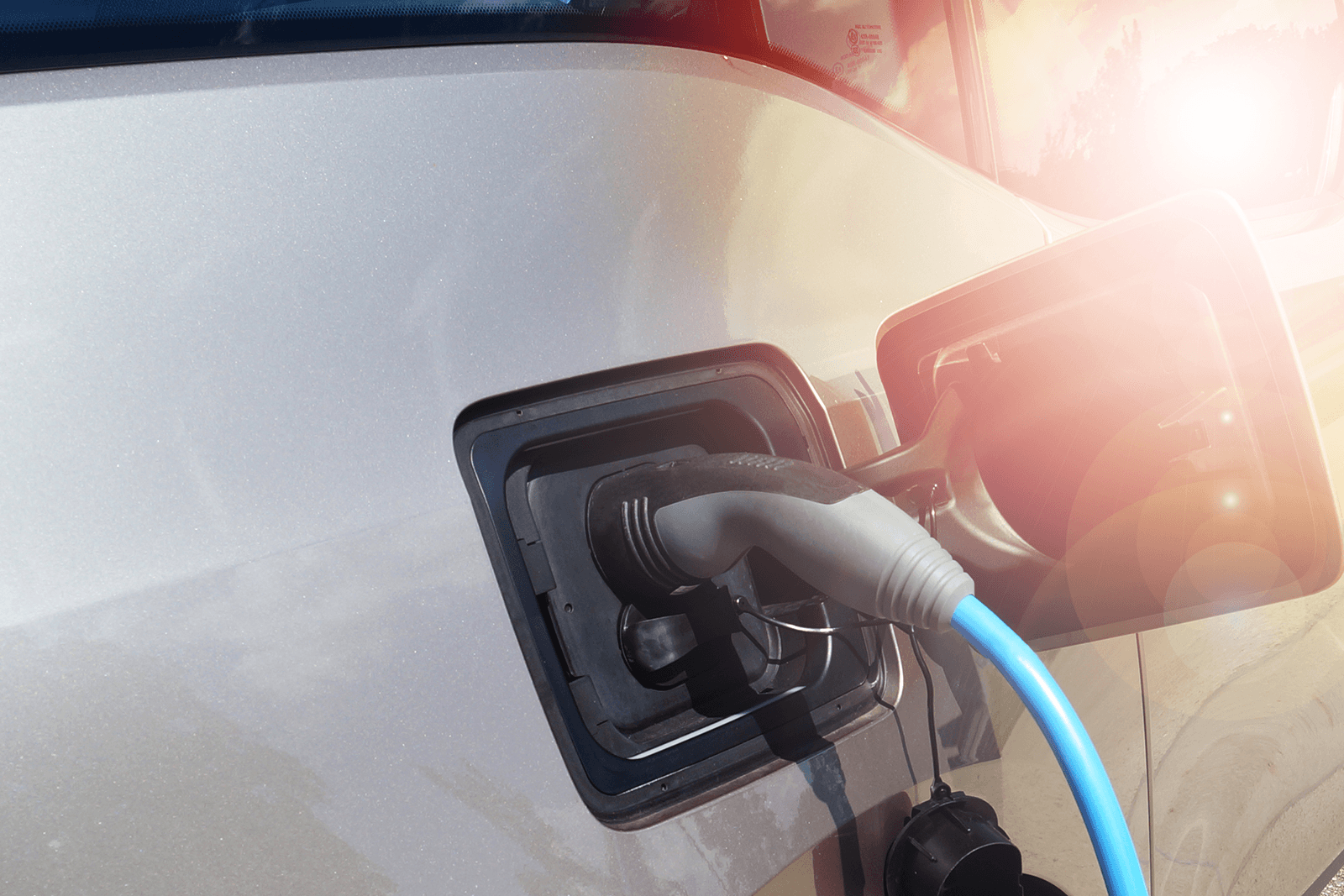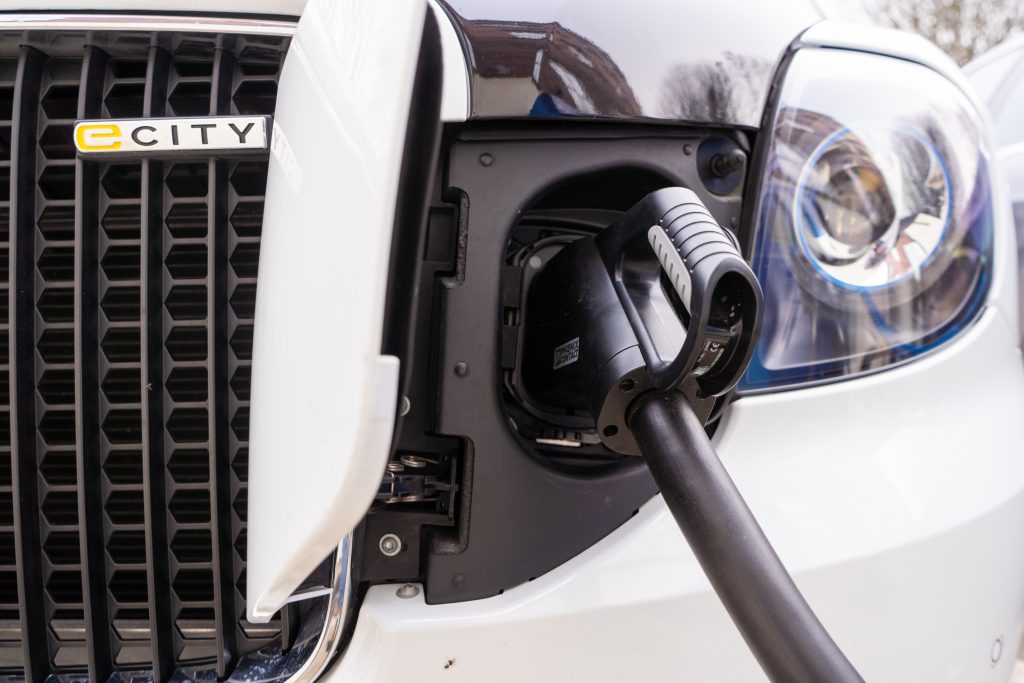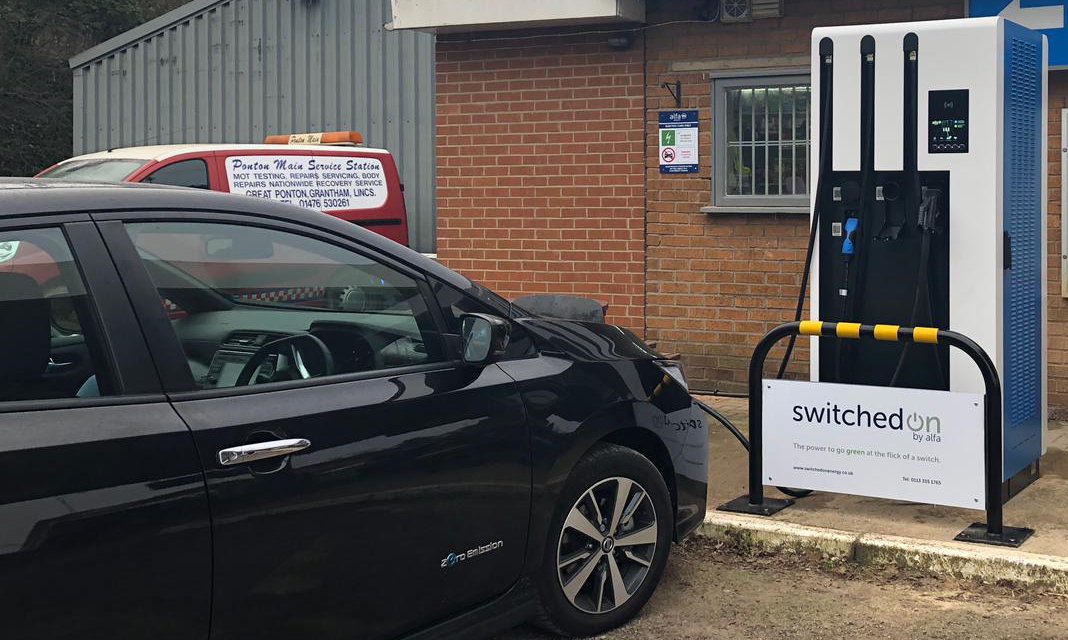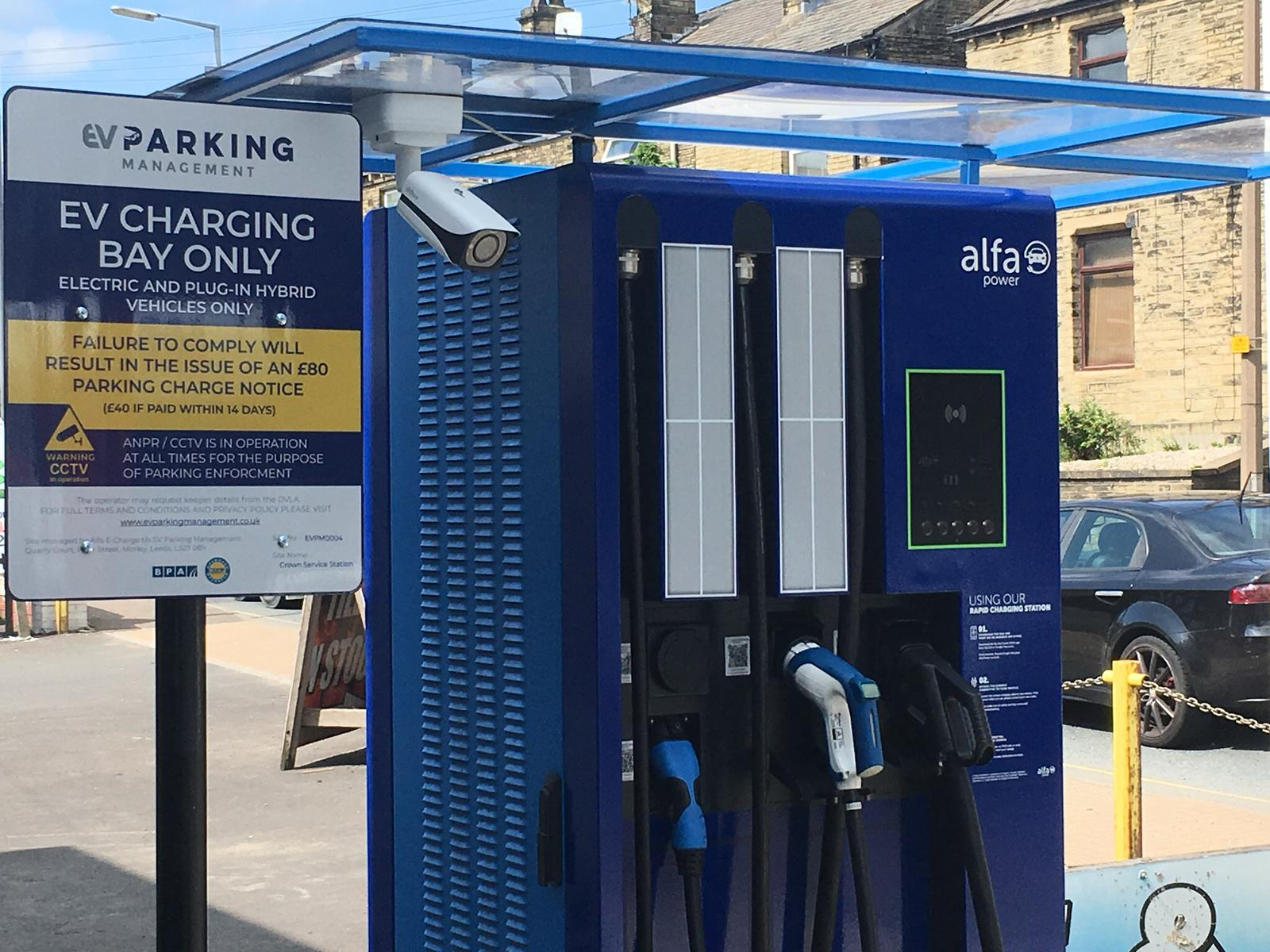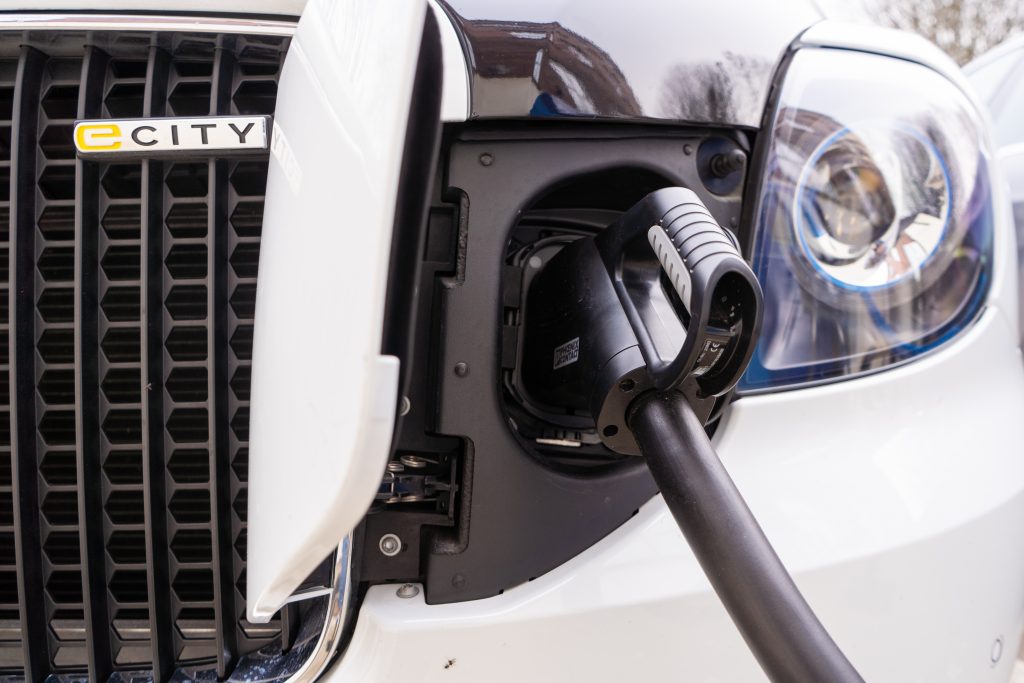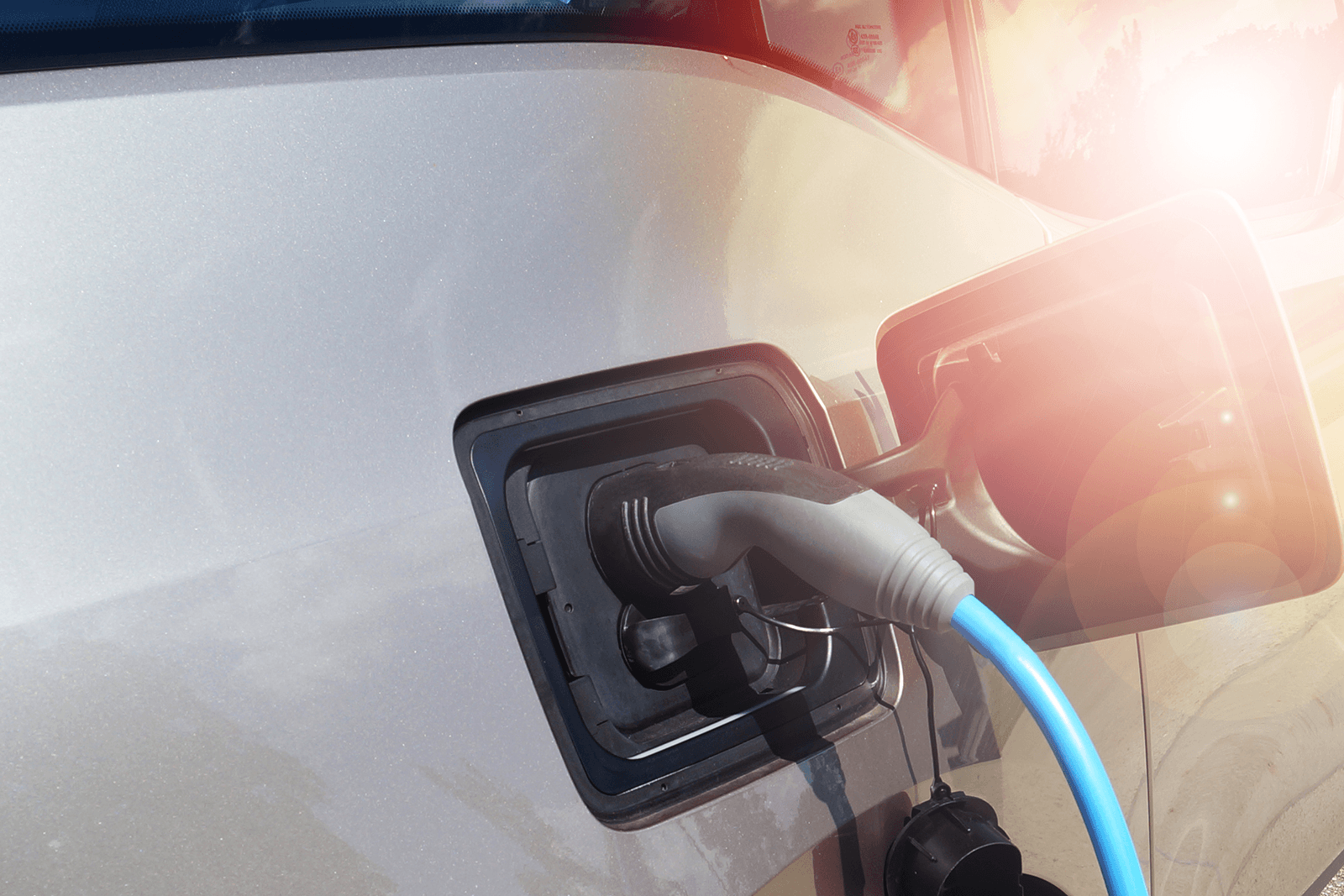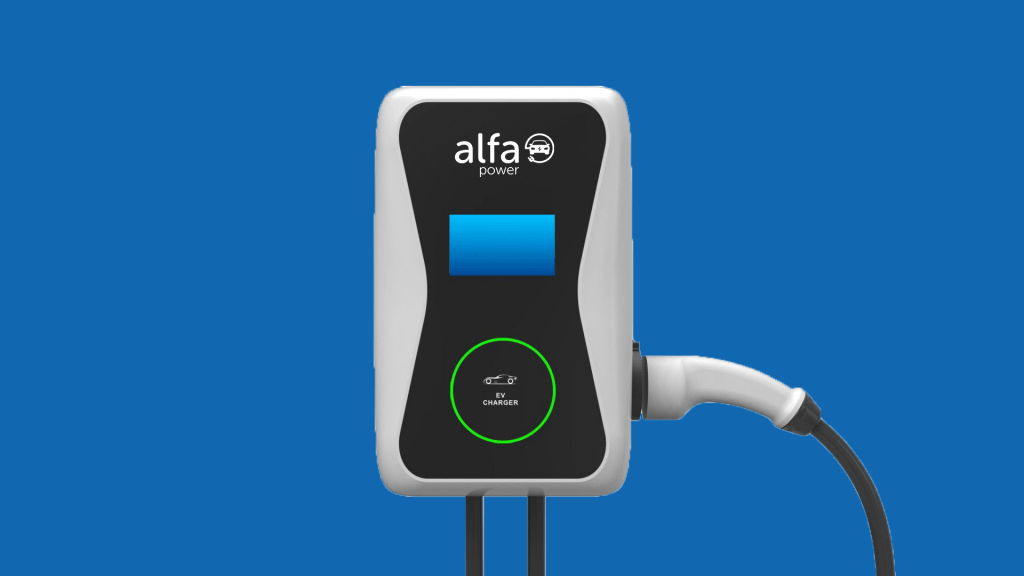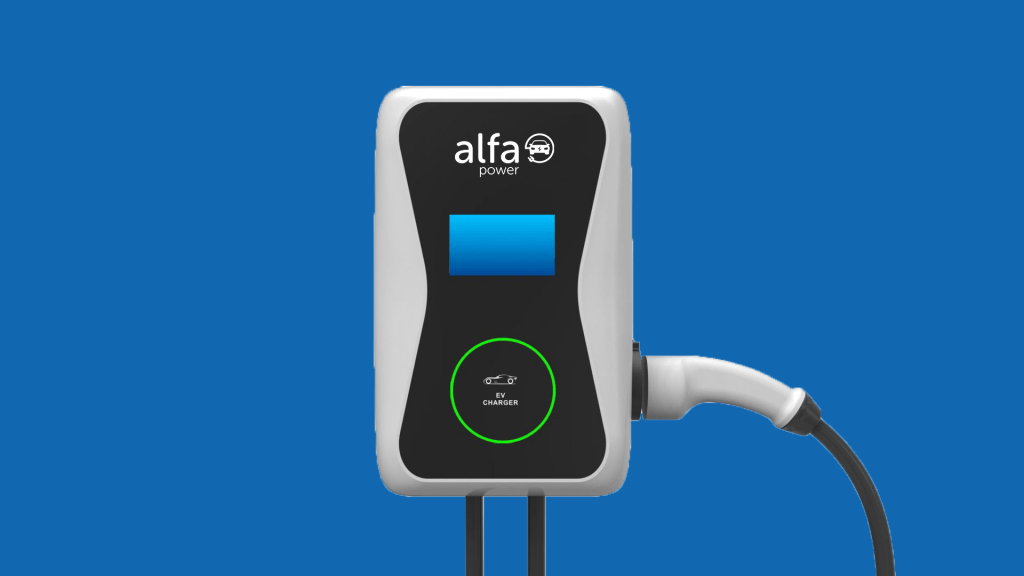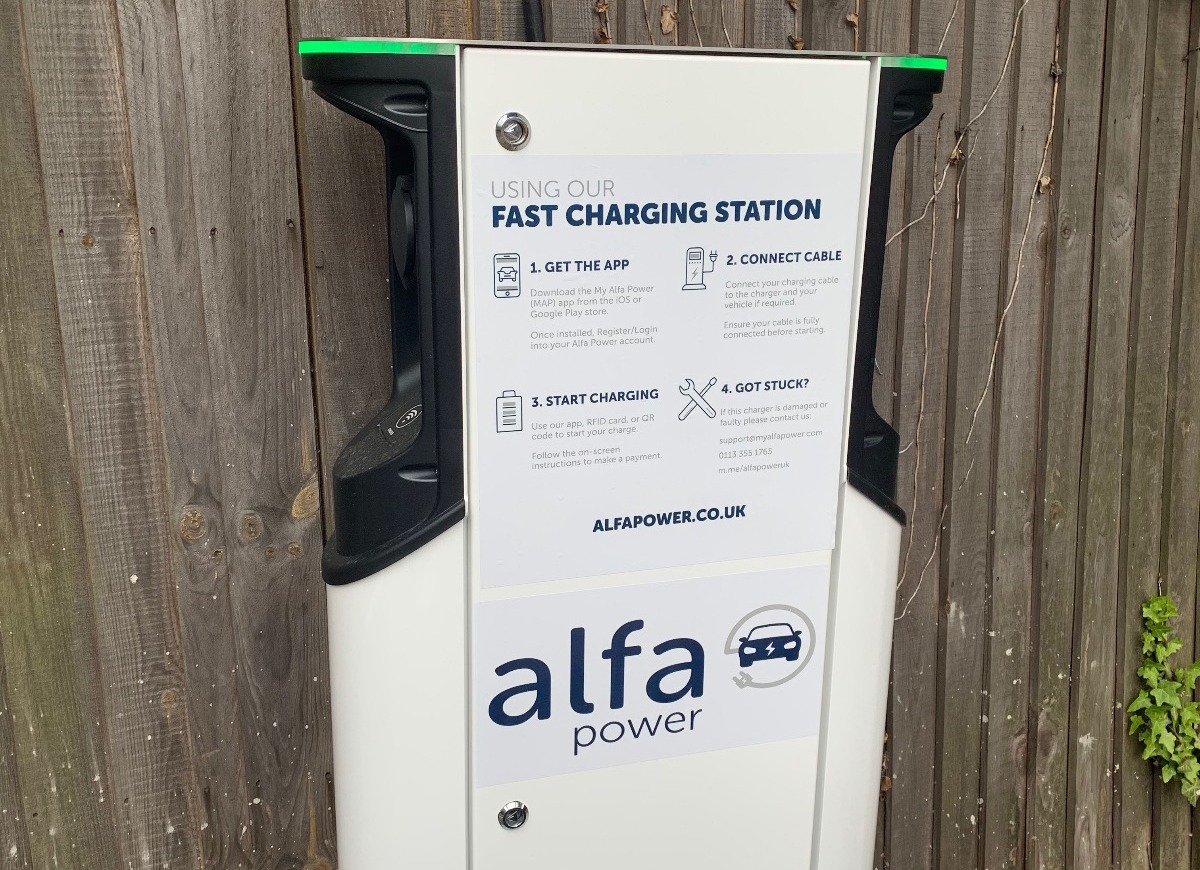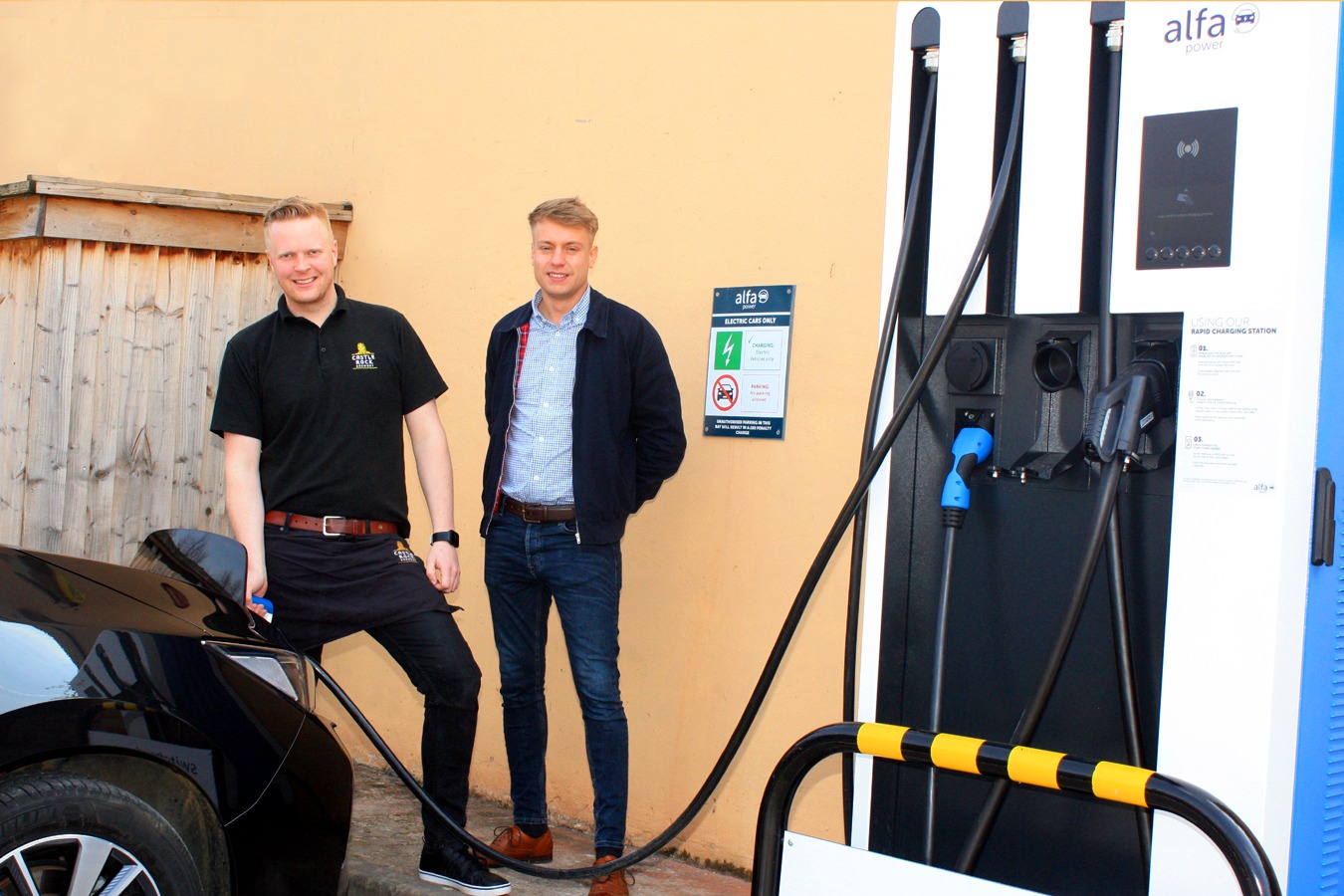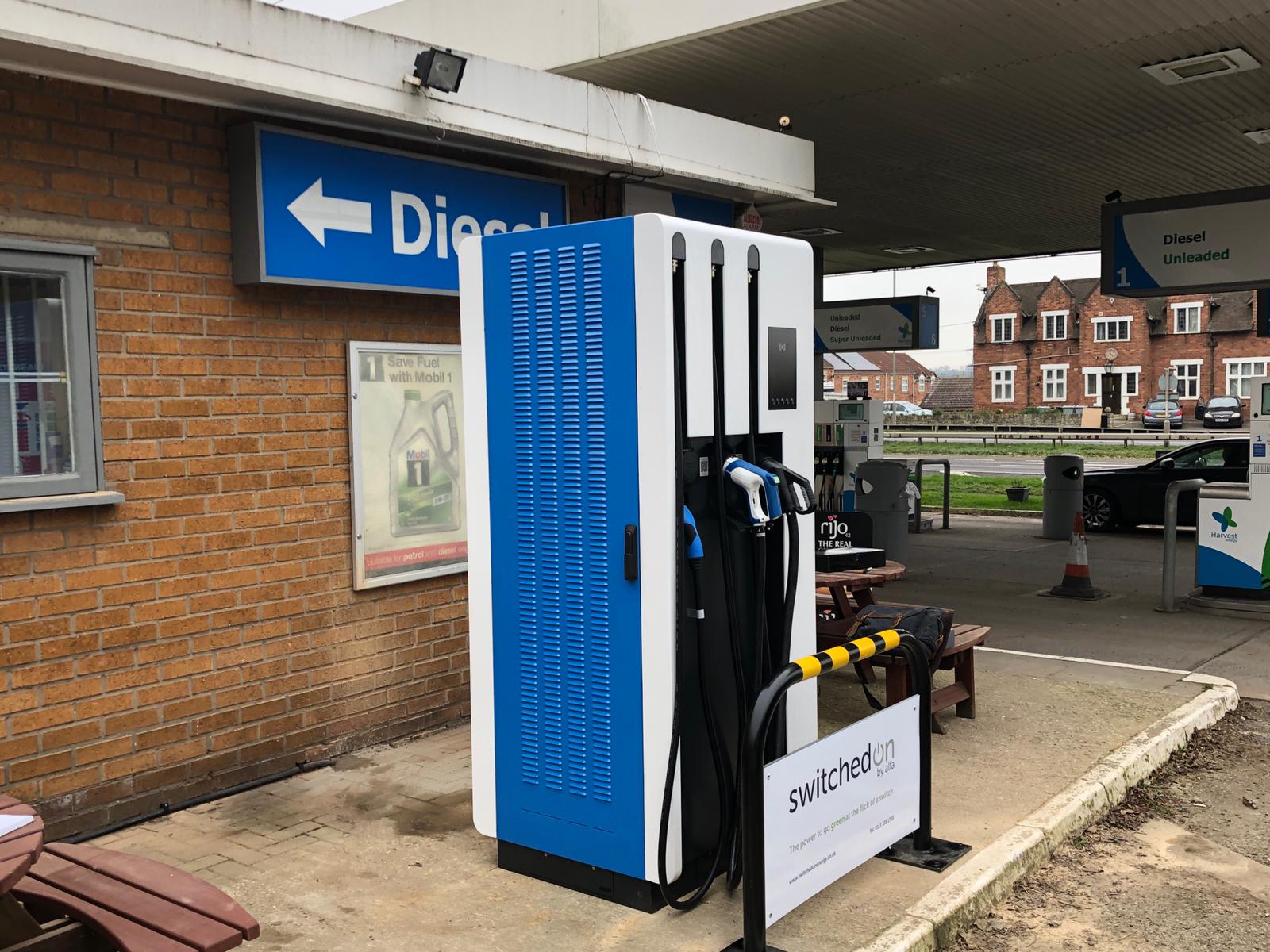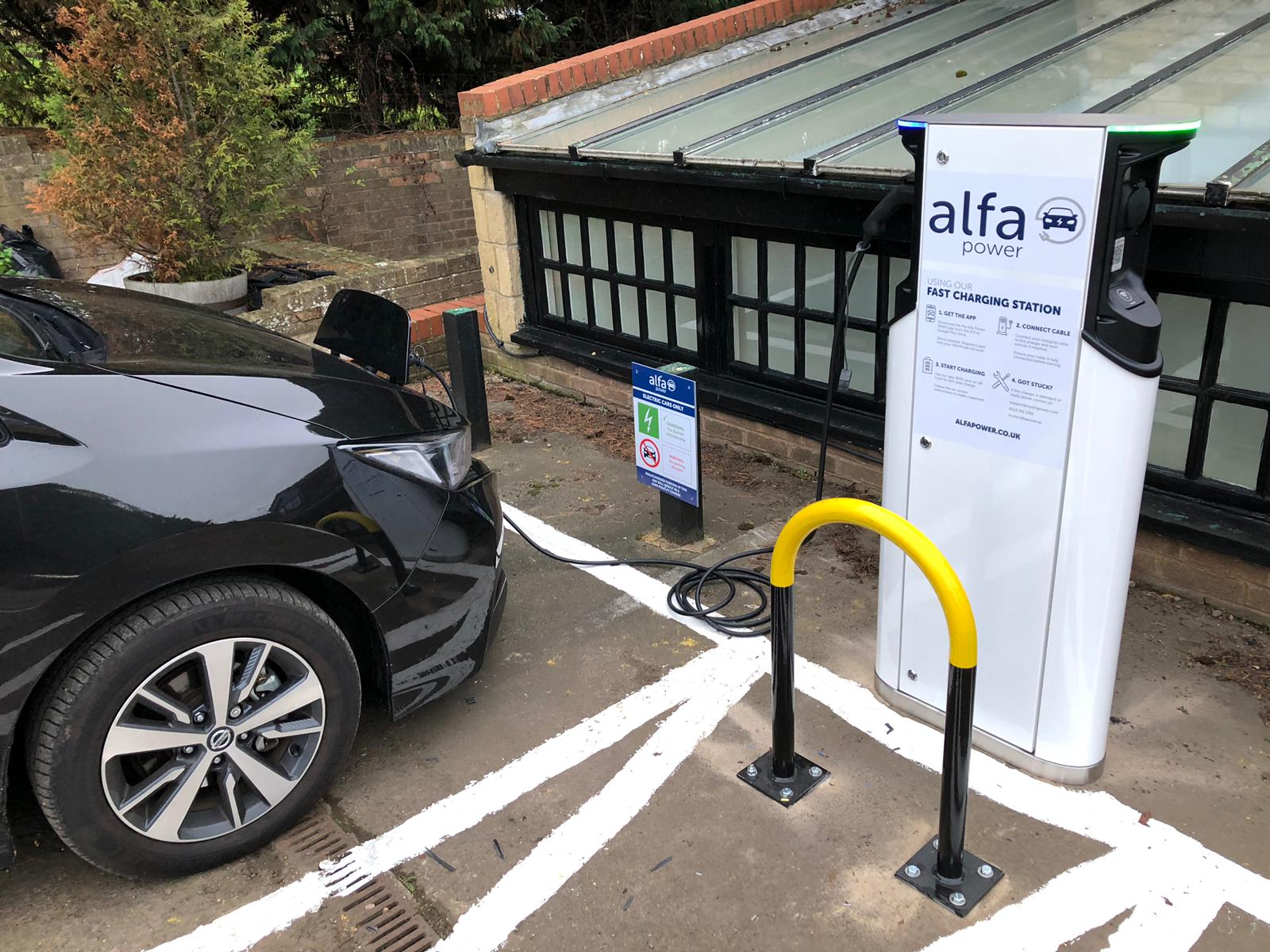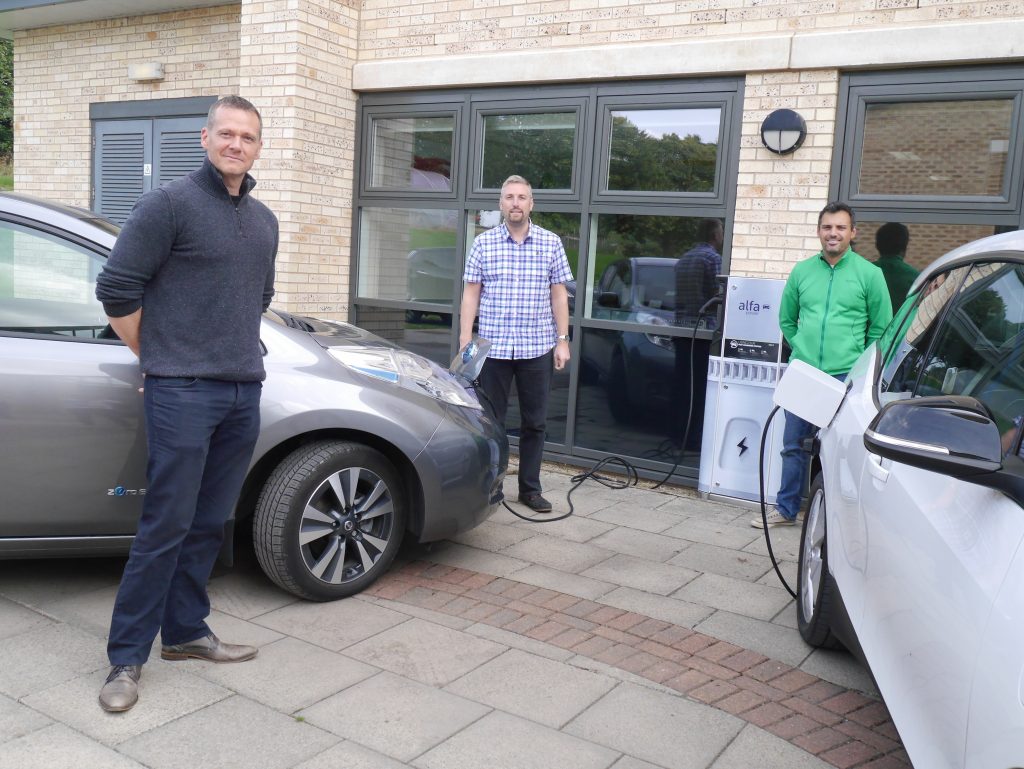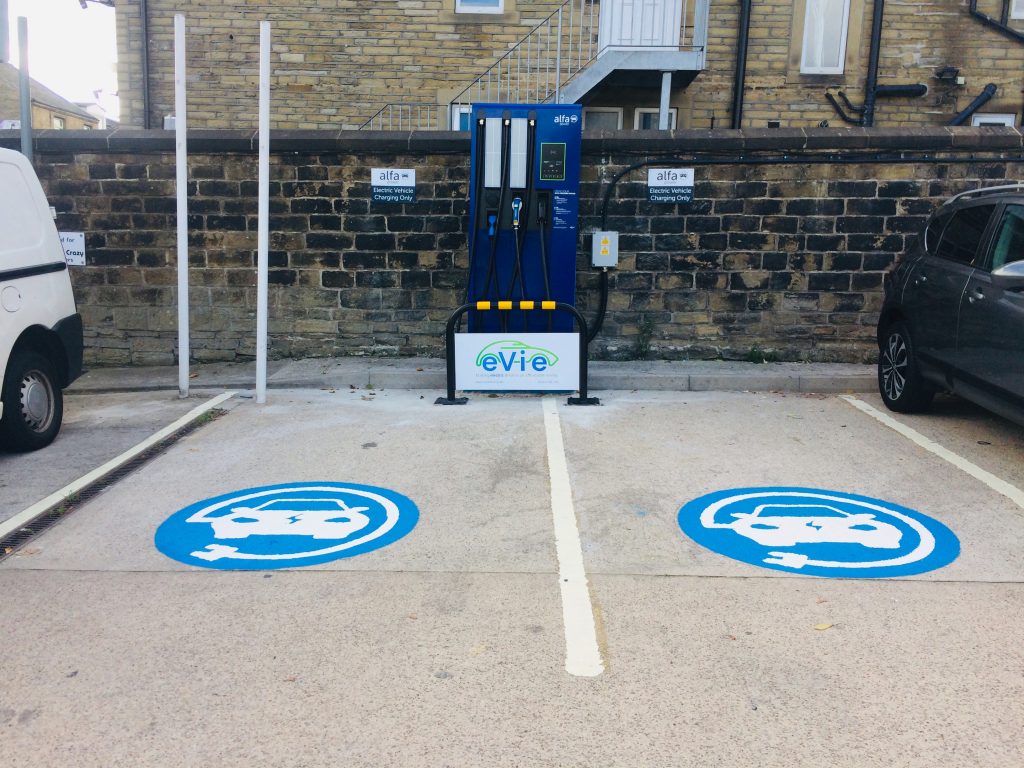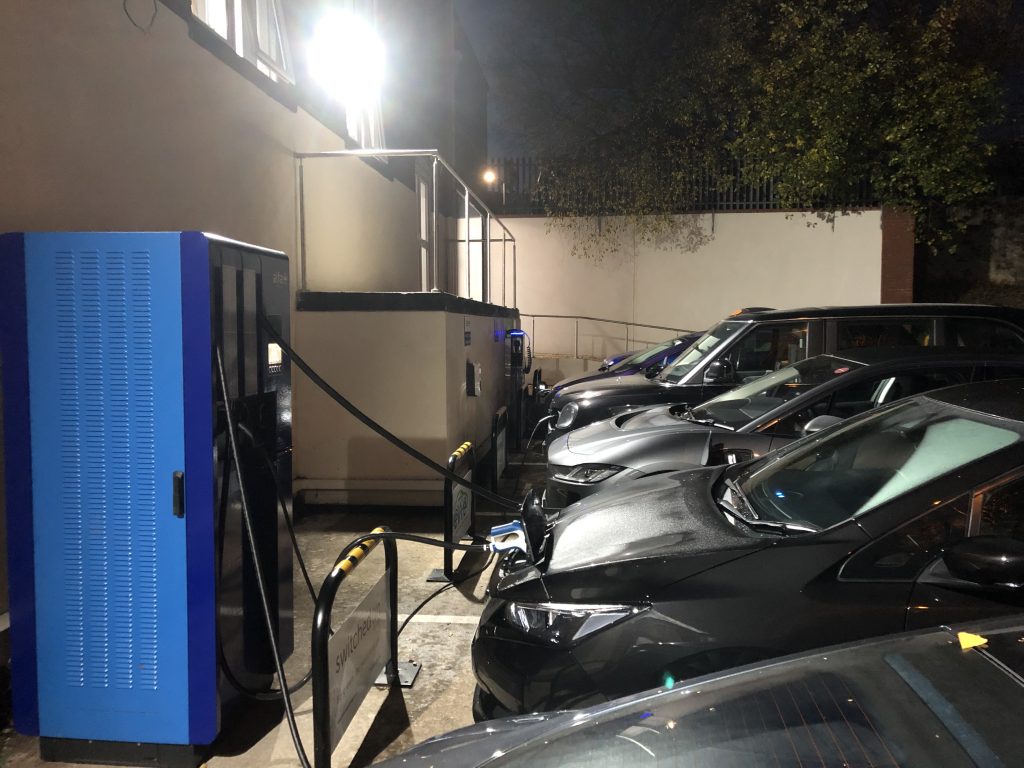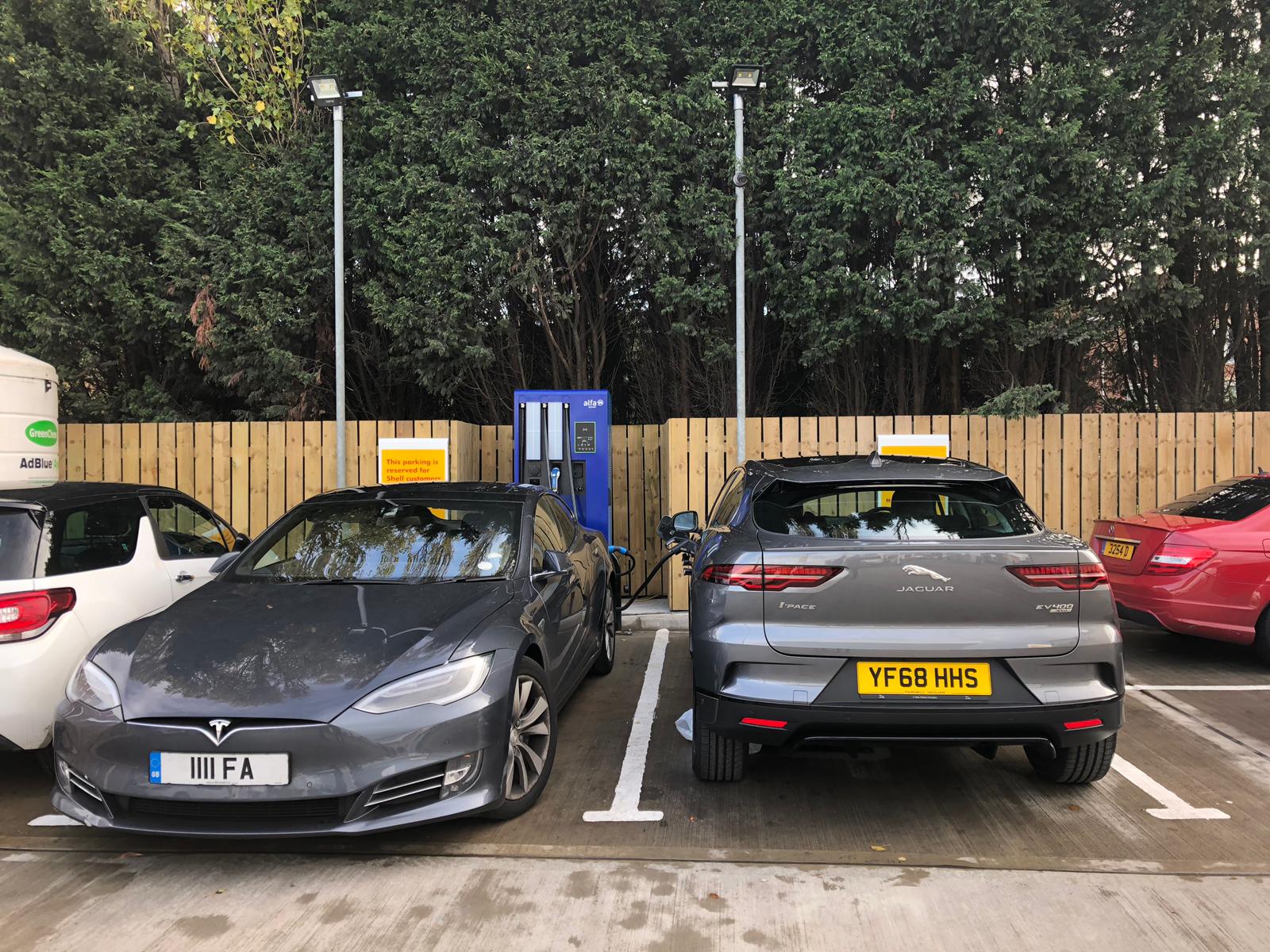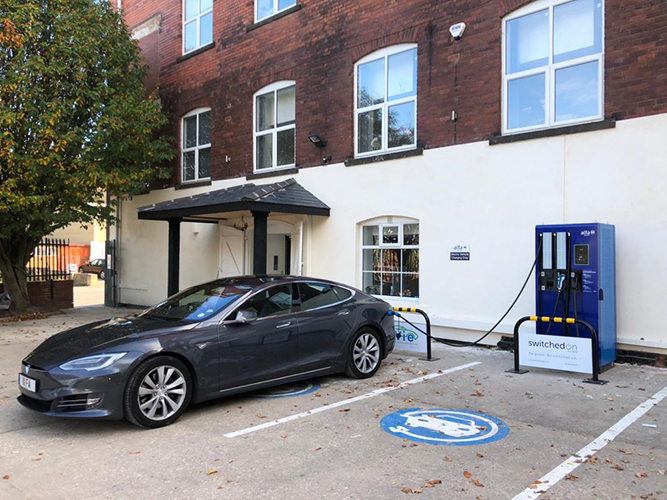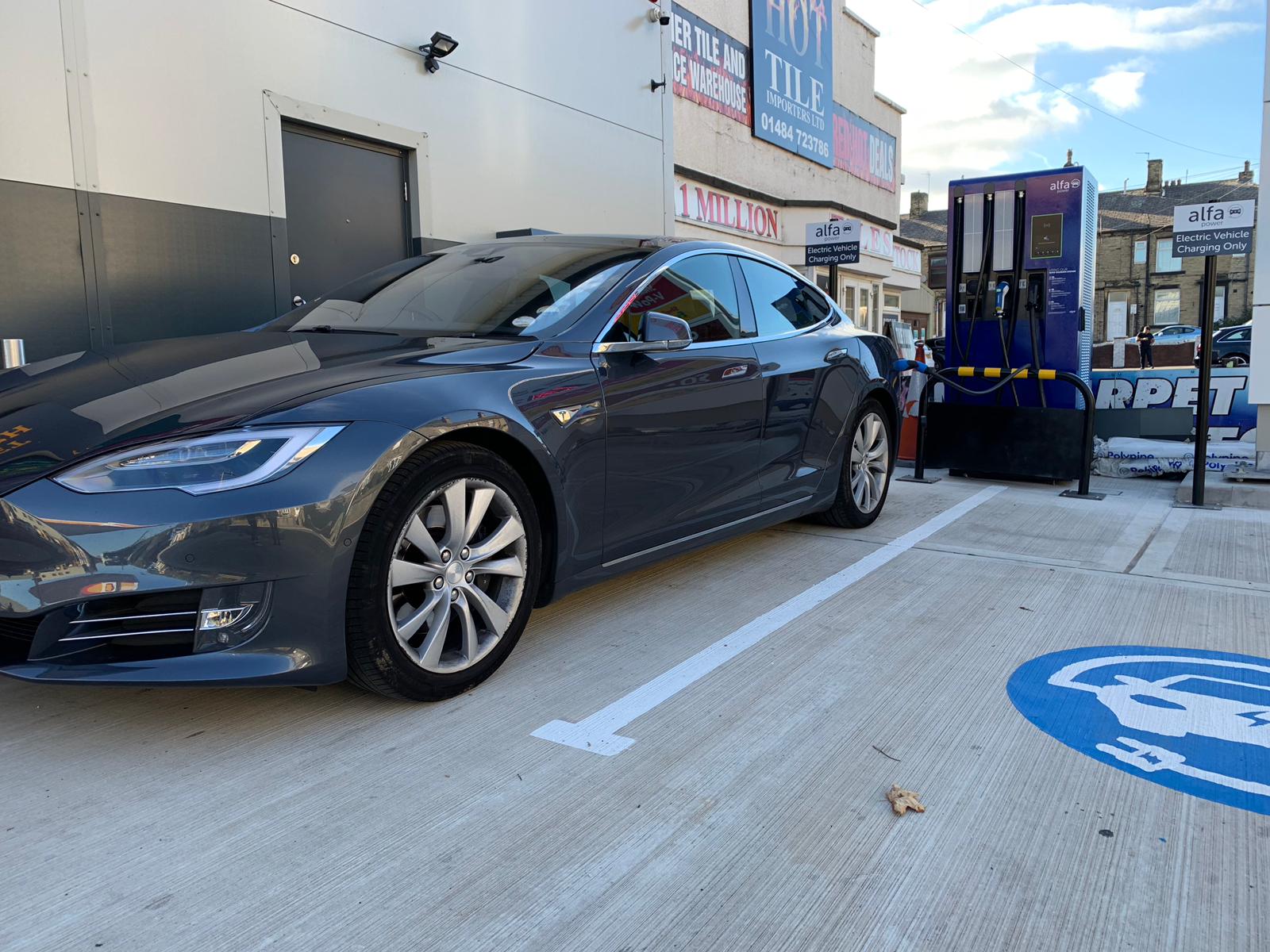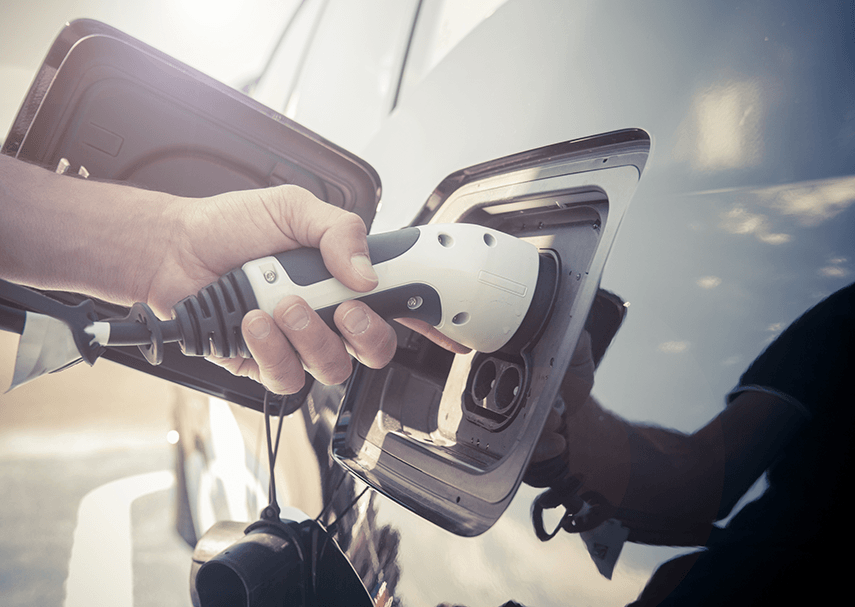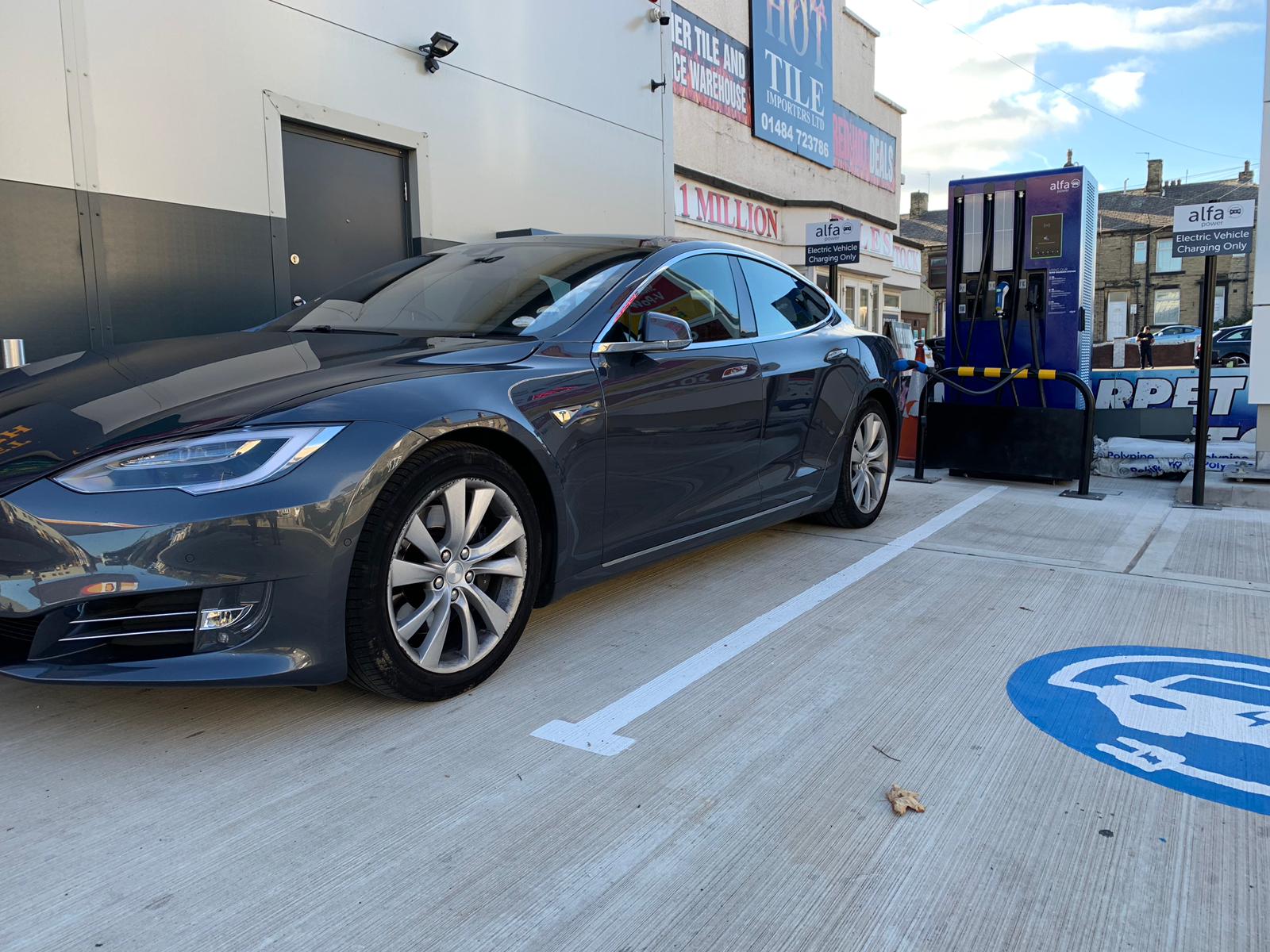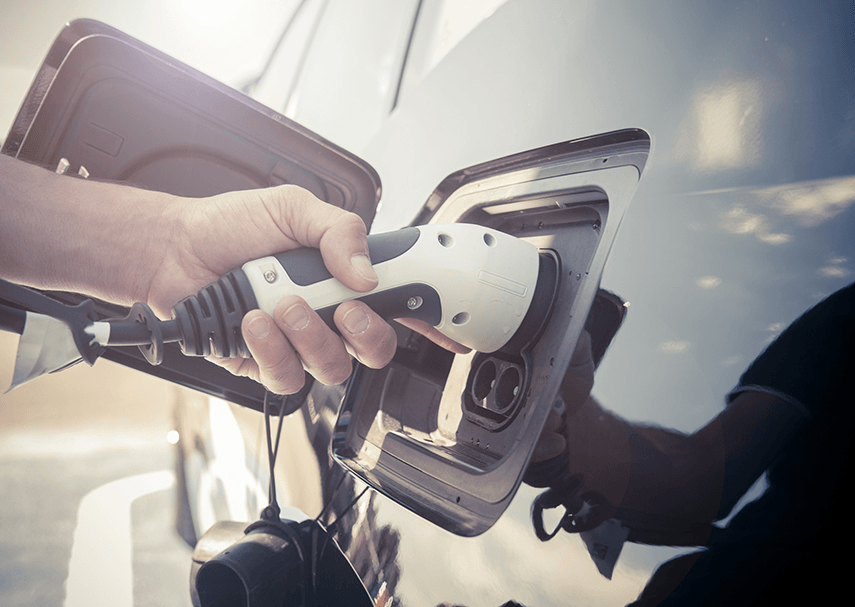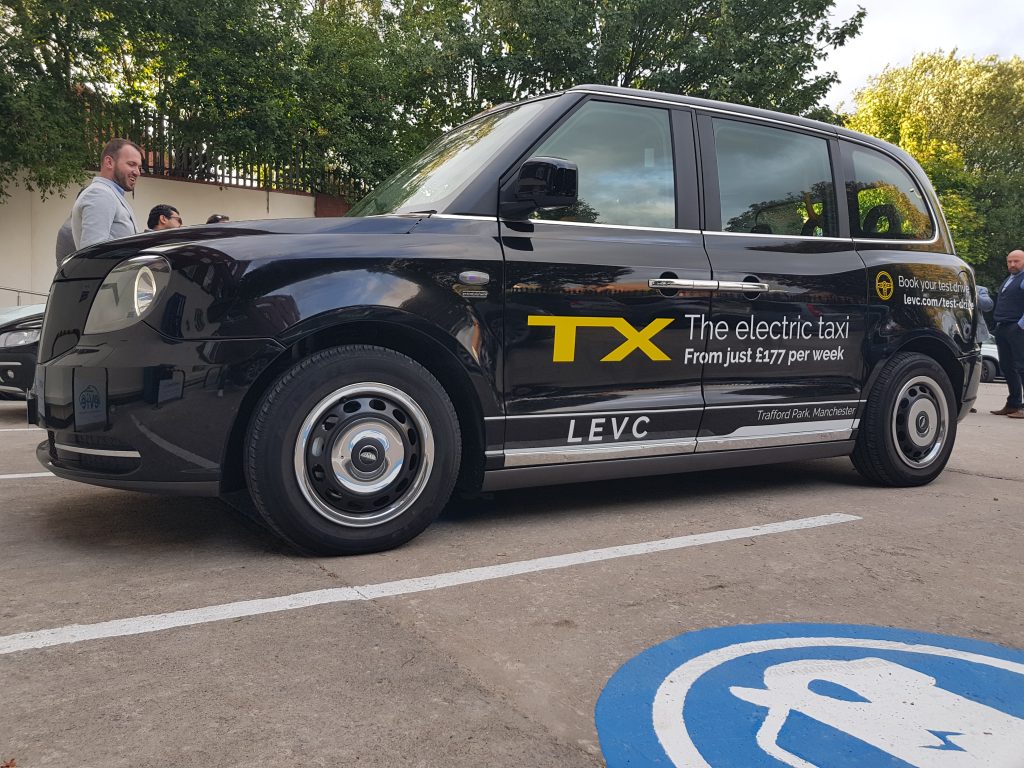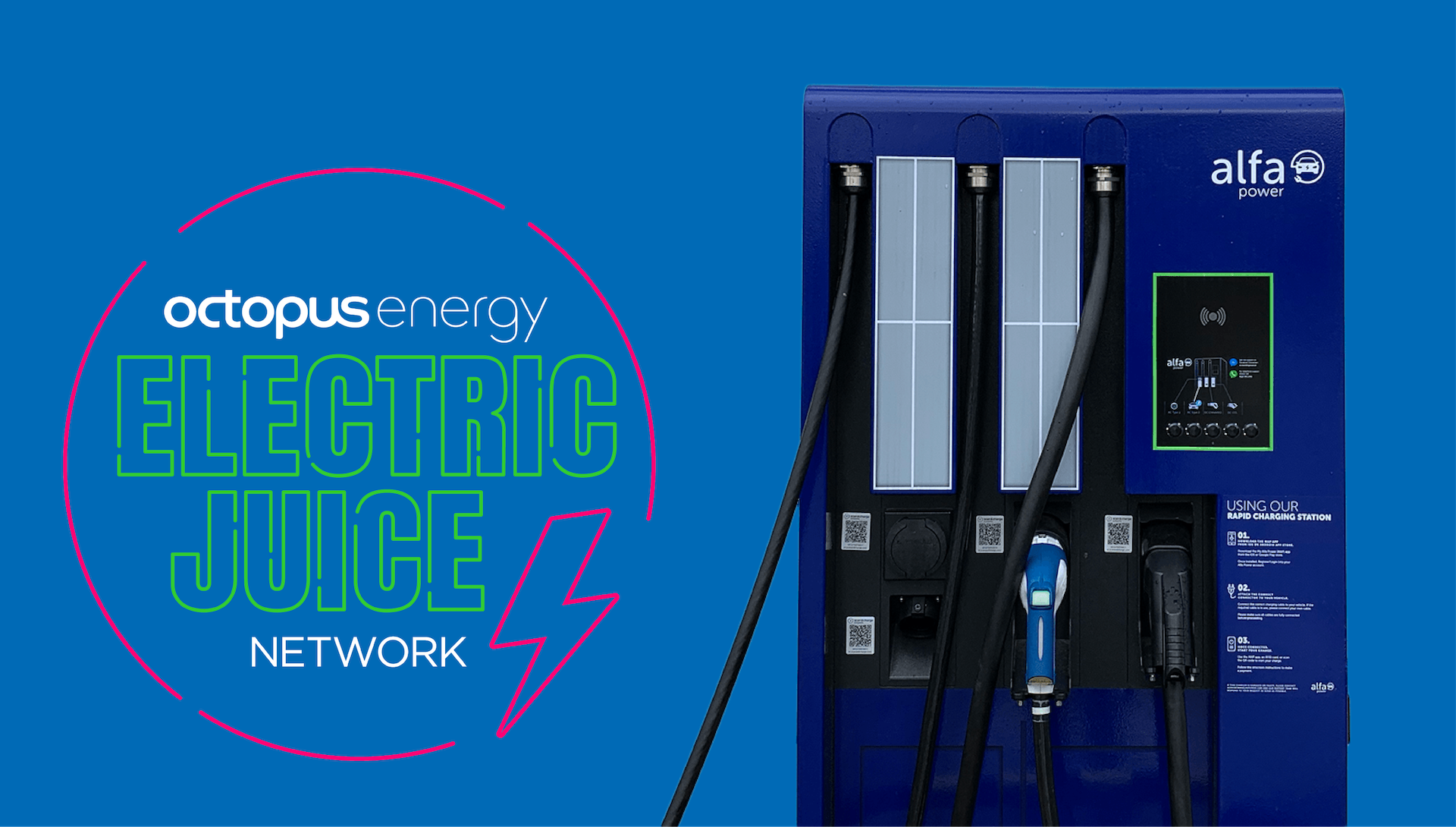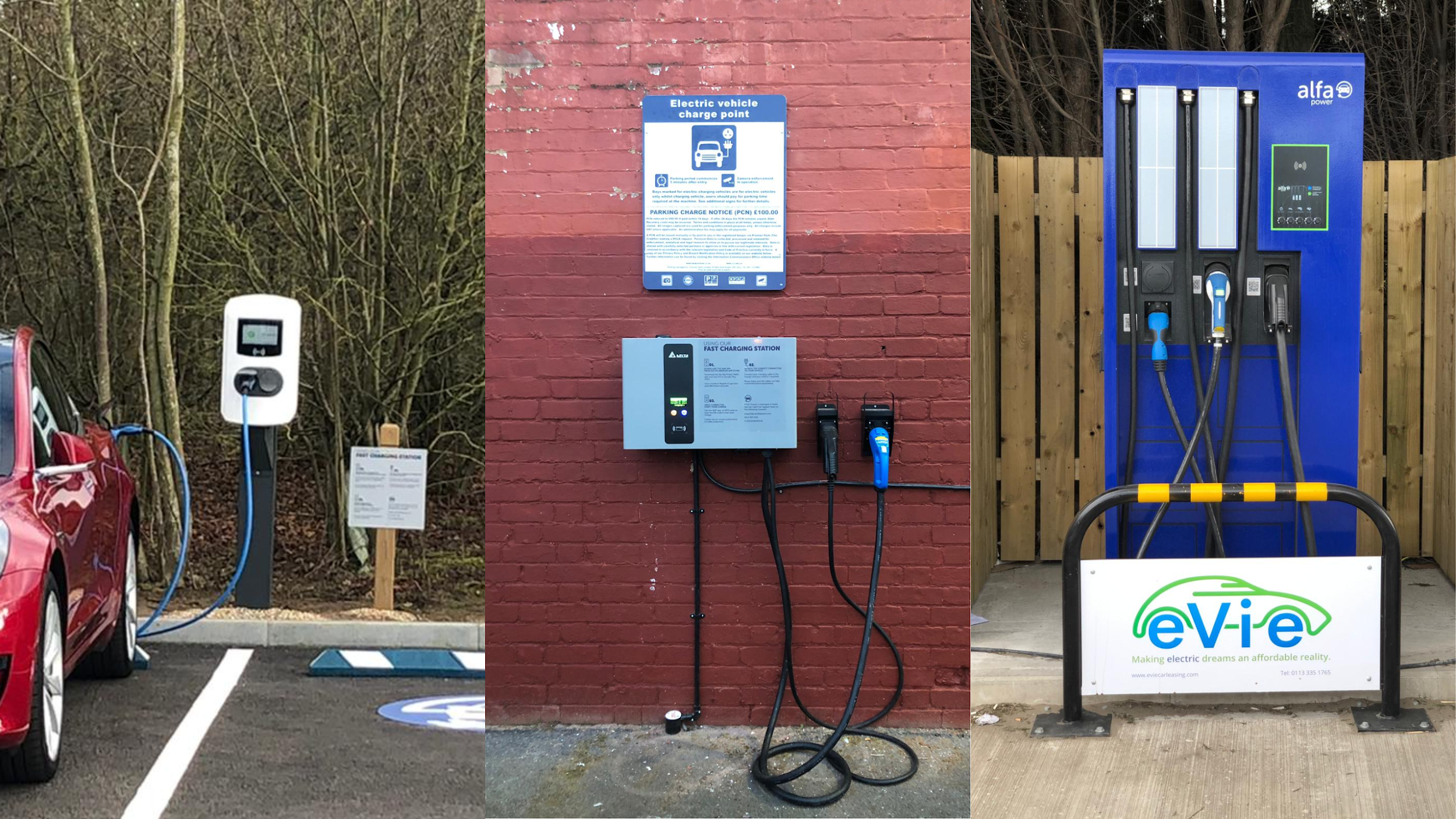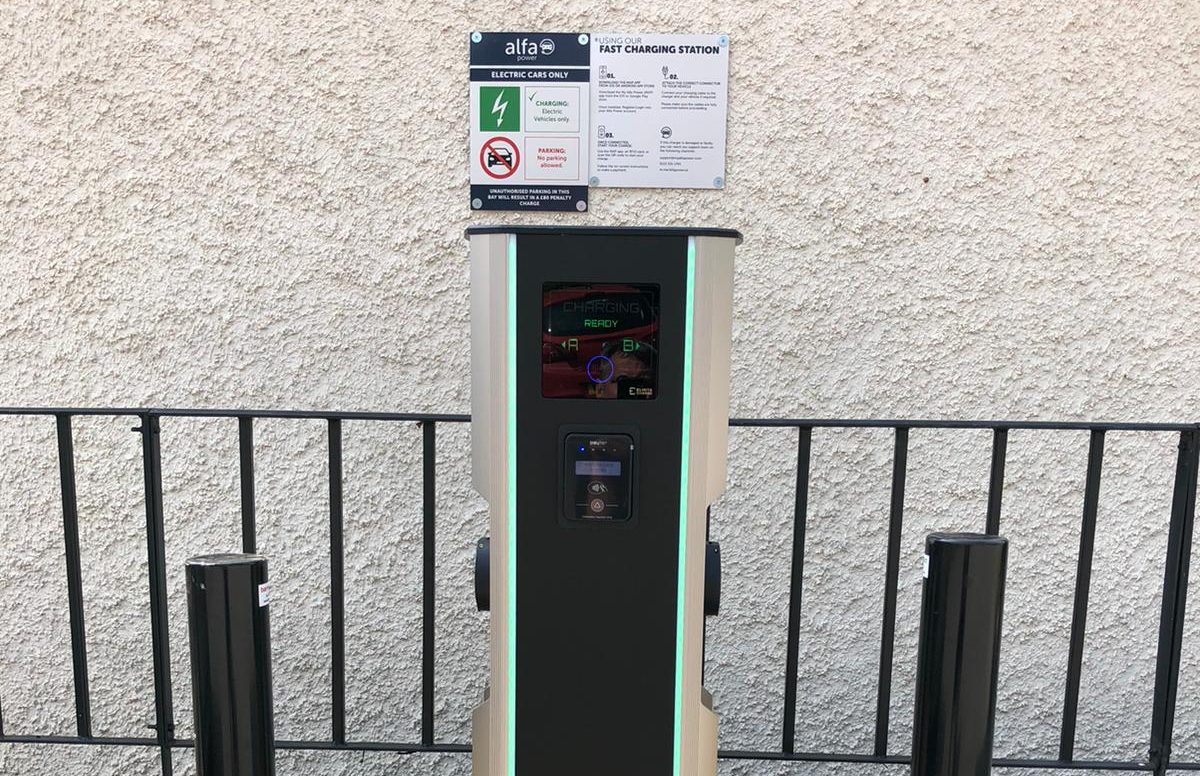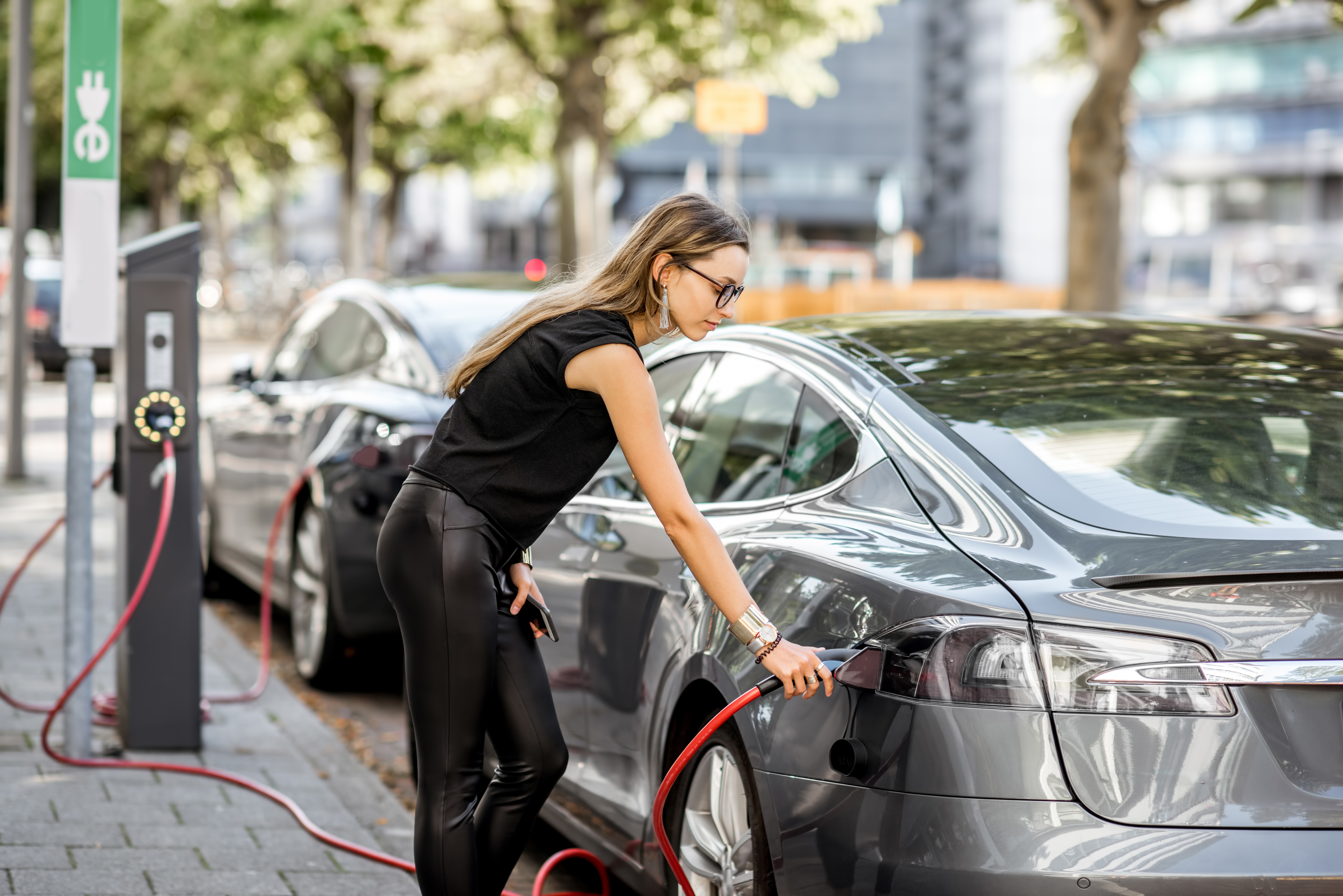Motorsport, Electric Cars & Renewable Energy: A Fans Perspective
11th August 2019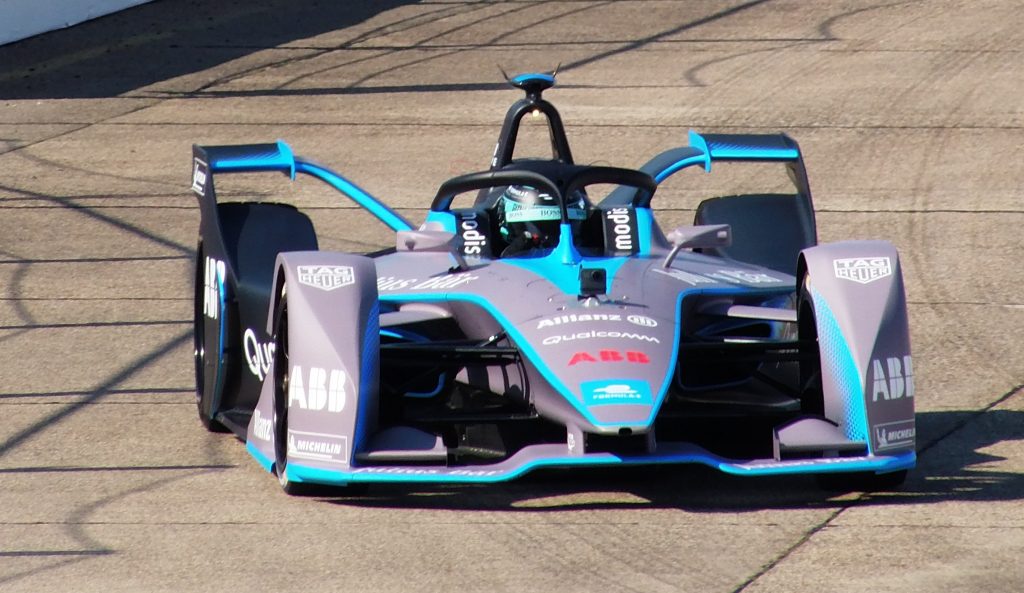
While growing up, I regularly watched motorsports like F1, British Touring Cars and World Rally Championship. As an adult, I have been actively involved in motorsport, and now I find myself working within the EV industry. As a result, my initial opinions and feelings about electric vehicles in motorsport were somewhat conflicted.
My feelings were somewhat similar to the F1 regulation change in 2014, which introduced hybrid engines. The change divided fans of the sport. Some were excited by the new developments, but many were upset by them, feeling hybrid cars would not provide the same atmosphere, smells or noise.
Such moves have also seen a generational split also divide motorsport fans. The younger generation is, in general, much more accepting of the hybrid/electric vehicle developments. The increased speeds afforded to hybrid/electric vehicles via instant torque resonates with the younger age bracket. Similarly, the younger audience also prefers the twisting city circuits, which are well suited to the hybrid/electric vehicles, as seen in Formula E.
In general, the development of vehicle technology and regulations has always been a part of racing. Motorsport allows manufacturers to test new technologies to the limit, the results of which can then be applied to the manufacture of road cars.
Several championships look set to follow F1 and move toward hybrid engine vehicles. Rumours are circulating that IndyCar and British Touring Car Championships will both move to hybrid cars in the next few years. Meanwhile, other championships have opted to move straight into electric vehicles, such as Formula E and Moto E.
Circuits are also preparing for change. Shelsley Walsh, the world’s oldest operating motorsport venue, has recently launched an electric-only hill climb class, with backing from both Ford and Renault.
The Motorsports Association (MSA) is eager to introduce more electric racing; however, there is still great concern over the risks involved.
The MSA operates under stringent, additional safety regulations for any events/venues wanting to use hybrid/electric vehicles. Such rules apply not only in competition but also to demonstration or parade vehicles.
Just like any other business, those involved in motorsport have a corporate responsibility to work toward creating a greener future. Such changes can even be initially introduced without touching race cars.
The sheer number of vehicles involved in a single F1 race is unbelievable. If regulations required these vehicles to be electric, it would make a big difference.
In lower-class championships, or at small tracks/events, temporary lighting and electricity supplies for the tracks and pits are often powered by large diesel generators. Regulations could be introduced to require more environmentally friendly options, such as tracks powered by solar panels with battery packs.
The renowned Mugello Circuit, owned by Ferrari, has recently installed a 252 kWp photovoltaic solar panel system. The new panels will generate approximately 300,000kWh of energy per year, which is around 20% of the circuit’s overall requirements and will reduce the racetracks CO2 emissions by 211 tons per year.
Hospitality facilities can be built using sustainable materials while utilising sustainable products, eco-friendly electrical systems and water systems. A perfect example of this is the Redbull F1 Energy Station.
It is undeniable that electric vehicles and renewable energy will play a vital role in the future of motorsports. However, it will be interesting to see if/when we lose the internal combustion engine in racing altogether. As someone who lives in both the Motorsport and EV world, I’m not sure if I’m ready for that just yet.
More Recent News

